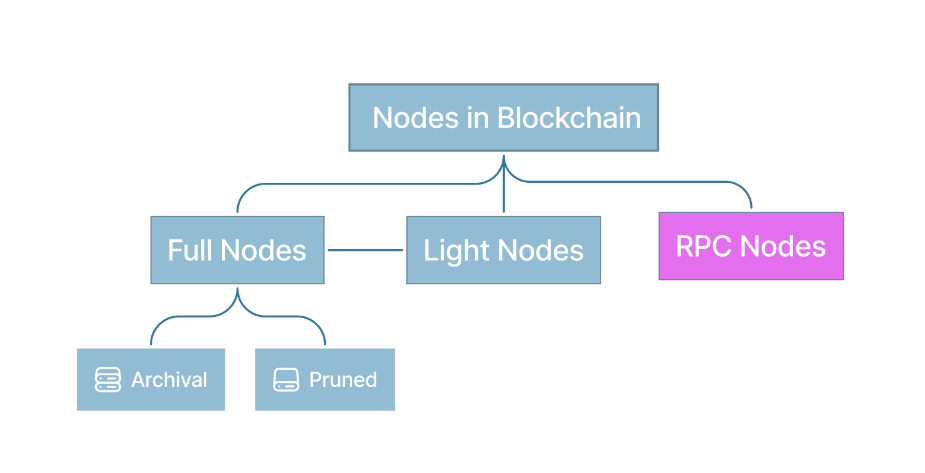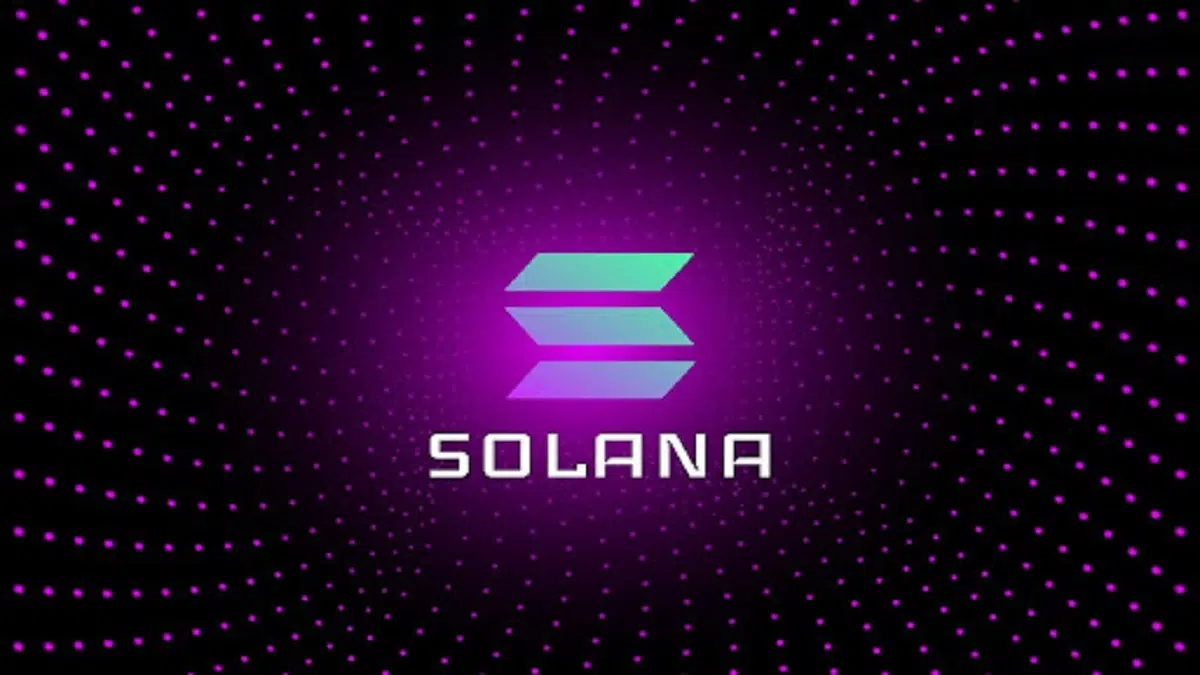Cryptocurrency nodes are critical yet often overlooked aspect of dApp development. They play almost the most important role in helping aspired developers to create decentralized applications, or dApps, that utilize the latest blockchain technology.
Today we will delve into Solana RPC nodes, what they are and how they can be optimally leveraged, and what alternatives exist, spotlighting Polygon RPC as well.
Unveiling the significance of nodes
Nodes are computational devices equipped with specialized software that enables them to store and record data on the blockchain and retrieve this information upon request. Two primary types of them are:
- Full nodes, meticulously synchronized with the blockchain network, maintaining a comprehensive history of the network. This synchronization ensures the network’s stability and guards against data loss or manipulation. This historical record is readily accessible to users worldwide.
- Light versions stand in contrast to their full-node counterparts, offering a more streamlined and resource-efficient approach. These do not burden themselves with the exhaustive storage and synchronization requirements. Instead, these devices are designed to adopt a selective strategy, downloading and verifying specific components of the blockchain, such as transaction headers and account balances, while they may make certain trade-offs in terms of security and decentralization.

The third equally important type of these nodes stands separately. These are RPC nodes that essentially do not differ greatly from previous classes but are mainly characterized by their ability to receive and process API requests.
What are Solana RPC Nodes?
Solana hailed for its lightning-fast transaction processing and scalability is one of the top choices among developers building forward-looking products for Web3.
These nodes are designed to be accessible to developers and external applications, providing them with unified methods to interact with the SOL network without requiring to run a full node for that same purpose.
A Solana RPC node is configured to be able to communicate with external applications or users, processing their requests and relaying them regardless of its location. Therefore, they can be accessed remotely.
GetBlock serves as an invaluable resource for both novice and experienced developers, simplifying access to Solana RPC nodes. By creating a free account on the platform, users can explore shared or dedicated infrastructure.
With GetBlock, clients have the flexibility to opt for shared infrastructure, perfect for startups on a tighter budget, or to secure a personalized dedicated server to fully harness the technology’s potential and create a robust project.
Shared cryptocurrency nodes are an excellent starting point for experimenting with Web3 and DeFi applications at a testnet level. Shared Solana RPC server capabilities are distributed between several users to keep them affordable in price but still fully functional.
Dedicated servers, on the other hand, take infrastructure management to the next level. Clients enjoy unlimited requests, select from a variety of API protocols, and specify the location of servers.
Polygon RPC, a Viable Alternative
Formerly known as the Matic Network, Polygon is a comprehensive platform tailored for the creation of Ethereum-compatible chains, with a particular emphasis on expediting the launch of high-quality dApps. Positioned as a sidechain to Ethereum, Polygon offers faster and more cost-effective transaction processing within its network compared to the main ETH network, all while maintaining the security standards and stability of Ethereum.
Polygon RPC nodes are equally accessible via GetBlock platform that offers extra 50 blockchain protocols in addition to Solana RPC nodes. Registered users can get instant API access to Polygon RPC to integrate it into their blockchain-based applications or just use it as an entry point to verify important data straight from the nodes.
Conclusion
Begiinning of a journey in blockchain development often demand significant resources and time. Crypto node provider services, on the other hand, are determined to simplify this journey by taking on a mission to deliver ready-made infrastructure for developers.
GetBlock offers a solution to this challenge, allowing you to experiment with Solana nodes and Polygon RPC and execute multiple actions on the blockchain without the need for complex scripting or coding. Alternatively, you can connect to a range of available cryptocurrency nodes and redirect your resources towards crafting a superior product while GetBlock handles the infrastructure
Subscribe to our daily newsletter!
No spam, no lies, only insights. You can unsubscribe at any time.




